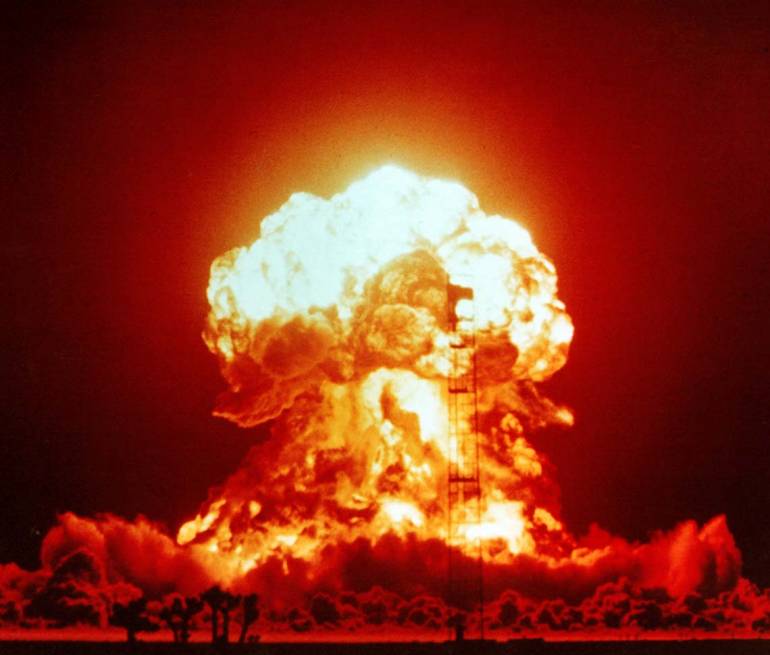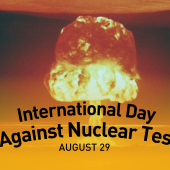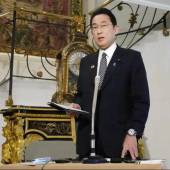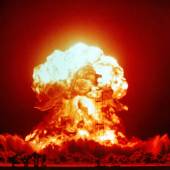International Day against Nuclear Tests

Nuclear explosions can cause significant damage and casualties from the blast, the heat, and the radiation. One can only keep one’s family safe by knowing what to do and being prepared if it occurs.
A nuclear weapon is a device that uses nuclear reactions to create an explosion.
The International Day against Nuclear Tests is observed on August 29. It was established on December 2, 2009, at the 64th session of the United Nations General Assembly by resolution 64/35, which was adopted unanimously.
Since nuclear weapons testing began on July 16, 1945, over 2,000 have taken place. In the early days of nuclear testing, little consideration was given to its devastating effects on human life, let alone the dangers of nuclear fallout from atmospheric tests.
Hindsight and history have shown us the terrifying and tragic effects of nuclear weapons testing, especially when controlled conditions go awry and in light of the far more powerful and destructive nuclear weapons that exist today.
History says on December 2, 2009, the 64th session of the United Nations General Assembly declared August 29 the International Day against Nuclear Tests by unanimously adopting resolution 64/35.
The resolution calls for increasing awareness and education "about the effects of nuclear weapon test explosions or any other nuclear explosions and the need for their cessation as one of the means of achieving the goal of a nuclear-weapon-free world."
The resolution was initiated by the Republic of Kazakhstan, together with a large number of sponsors and cosponsors, to commemorate the closure of the Semipalatinsk Nuclear Test Site on August 29, 1991.
In the five decades between 1945 and 1996, over 2,000 nuclear tests were carried out all over the world.
The International Day against Nuclear Tests aims to raise public awareness about the effects of global nuclear weapon tests and advocates the banning of nuclear tests as a step to achieving a safer world.
The UN's International Day against Nuclear Tests web pages provide lots of background information on the history of nuclear tests and the various treaties and actions that have been taken to reduce nuclear weapons and ban testing. This includes video clips and other multimedia resources.
But people should understand that nuclear weapons are dangerous, destabilizing, indiscriminate, and potentially catastrophic.
Today’s nuclear weapons are hundreds of times more powerful than those of Hiroshima and Nagasaki. Right now there are 13,355 nuclear weapons in the hands of nine nations, about 2,000 of these weapons are on high alert, which means some of them can be launched within 15 minutes on command.
So, Let us promote peace and security in a world free of nuclear weapons.
Radio Veritas Asia (RVA), a media platform of the Catholic Church, aims to share Christ. RVA started in 1969 as a continental Catholic radio station to serve Asian countries in their respective local language, thus earning the tag “the Voice of Asian Christianity.” Responding to the emerging context, RVA embraced media platforms to connect with the global Asian audience via its 21 language websites and various social media platforms.














